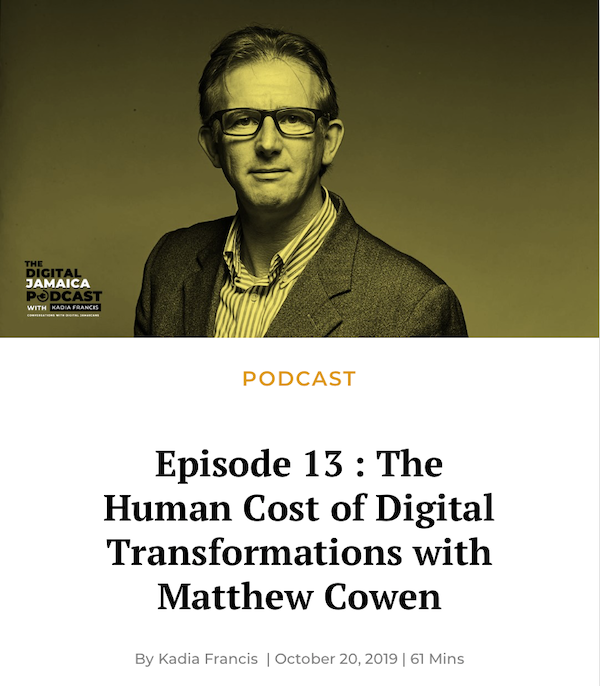The economics of free vs paid for
I’m a little late with publishing my posts to be strictly adhering to the challenge. Still, as its a voluntary test, I’m not particularly worried as no money is relying on this working. I guess if I publish 30 articles in the 30 days with an approximate schedule of one a day, then it could be considered that I completed the task.
Many of us use services on a daily and regularly that are free. What many of us don’t seem to appreciate is how those services are paid for. That in itself might seem like a silly question to some, that have come to expect that services are generally free.
Take, for example, your electricity supplier. Look at the bill, and you’ll note a number to call in the event of needing help. Help could be something serious about having no power or merely having a query on your bill. When you call you will no doubt fall on a human being (eventually) whose role it is to help you through the process.
That human has to be paid, the equipment the person uses (computers, telephones, databases, headsets, etc.) have to be purchased, and the building in which the person is located, along with the associated insurances and taxes need financing too.
A small number of years ago, these types of services all had a cost. The cost was published before you used them (sometimes). Then these services started to be offered as part of the price of the “product” being purchased (tagged on to your electricity bill), but something changed. Now services like these are expected and are expected to be offered for free.
The Internet is the same. Most services, particularly social networks, are entirely free, albeit that they have employees. They possess enormous, phenomenally-expensive datacenters and telecoms bills that would make entire countries cry over. And yet they are free to use.
Most of us are led to believe that the data they collect on us is being sold, paying for everything. In most instances, this is simply untrue. Facebook doesn’t sell your data. To my knowledge not never has. What they sell is access to some of the meta-data employing a bidding platform that is ultimately used to sell advertising. You see the difference. If Facebook sold the data, it would quickly devaluate as it would be out there for everyone to use freely. Freely as in when they want, but also without cost.
Companies are inventing subtle ways of exploiting data for two reasons; one is to keep the services free at the point of consumption and the second, to prevent loss in the value chain.
10 November 2019 — French West Indies

